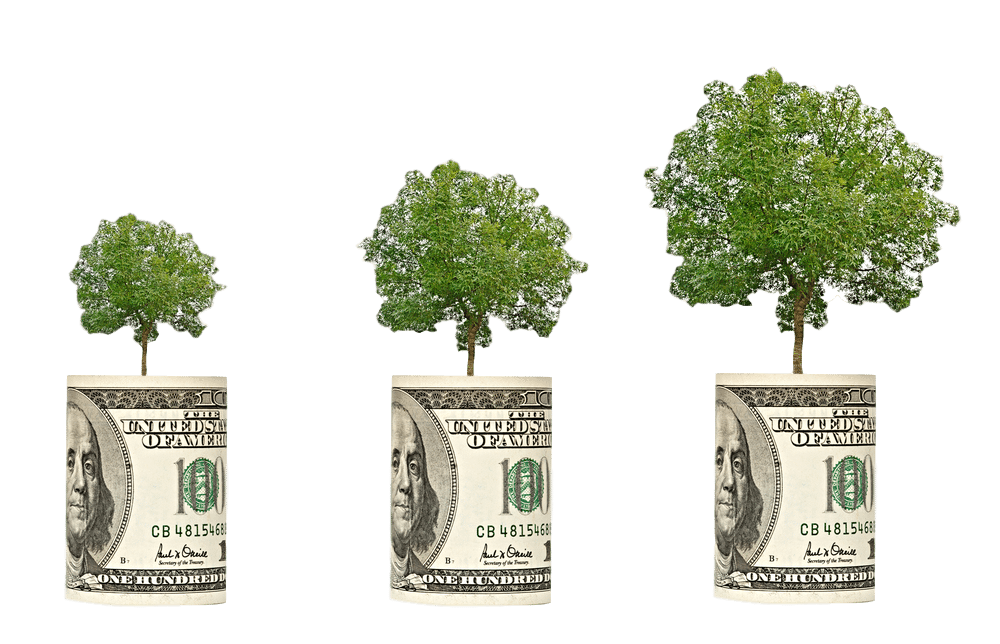BY RUFUS MWANYASI
If there is one question hanging over equity investors it is: “Where are the returns?” The last 10 years have been a lost decade. Since 2007, NSE 20 share index stocks have averaged 5.6 per cent annually while inflation averaged some 8 per cent.
Notwithstanding the strong recovery since 2009, equities have mostly disappointed. Notably, within this time, treasuries and real estate have held up quite well.
That said, the big question is: Is this the new reality? Should we expect lack-lustre equity performance going forward? Not at all. And here are my two cents on the table.
In order to find the truth, we need to understand the long-term perspective. A week may be a long time in politics, but even a decade is too short to judge stock returns.
To understand risk and return in the equity markets, we’ll need to examine much longer periods than one, or even three, decades.
Fortunately, research from Credit Suisse and London School of Business in the Global Investment Returns Yearbook 2017 gives us just that.
The year book, which draws on 117 years of data (1900-2016) for 23 countries (both developed and emerging markets) representing some 90 per cent of the world stock market value, shows that over the long run, equities have beaten inflation, bonds and cash in every country.
What’s more, the real equity return was positive in every location, typically at a level of 3 per cent to 6 per cent per year. Thanks to the power of compounding, the annualised real return of the world index was 5.1 per cent per year for equities compared to 1.8 per cent (Treasury bonds), 0.8 per cent (Treasury bills) and 2.9 per cent (inflation).
Stated differently, an initial sum of one million Kenya shillings invested in world equities in 1900 would have grown to become Sh8 billion in nominal terms by the end of 2016.
Such is the power – over 117 years – of compounded interest, “the most powerful force in the universe”. Interestingly, the worst period for world equities (2000-2016, 1.9 per cent annual average returns) coincides with the same period that local equities fared poorly compared to the other asset classes.
Perhaps the big takeaway is the need for diversification. As a beginning point, local equity investors can start scouting for African equity opportunities.
Just for your information, since 2002, the MSCI Emerging Frontier Markets (EFM) Africa index stocks has posted an annualised gross return of 10.5 per cent covering close to 100 listed African stocks. MSCI EFM Africa ex SA has had an 11.5 per cent annualised return. All this time, NSE 20 share index only averaged 5.87 per cent.
Anyway, in the end, it’s comforting to know that the overall pattern for equities is precisely as we would expect. Though sometimes investors will get the savage hit in the form of a bear run, it’s great to know that equities triumph in the long-term.
Equities are still the best performing class everywhere – never mind few would live to see 117 years (Kenyans average life expectancy is 63.4 years).

